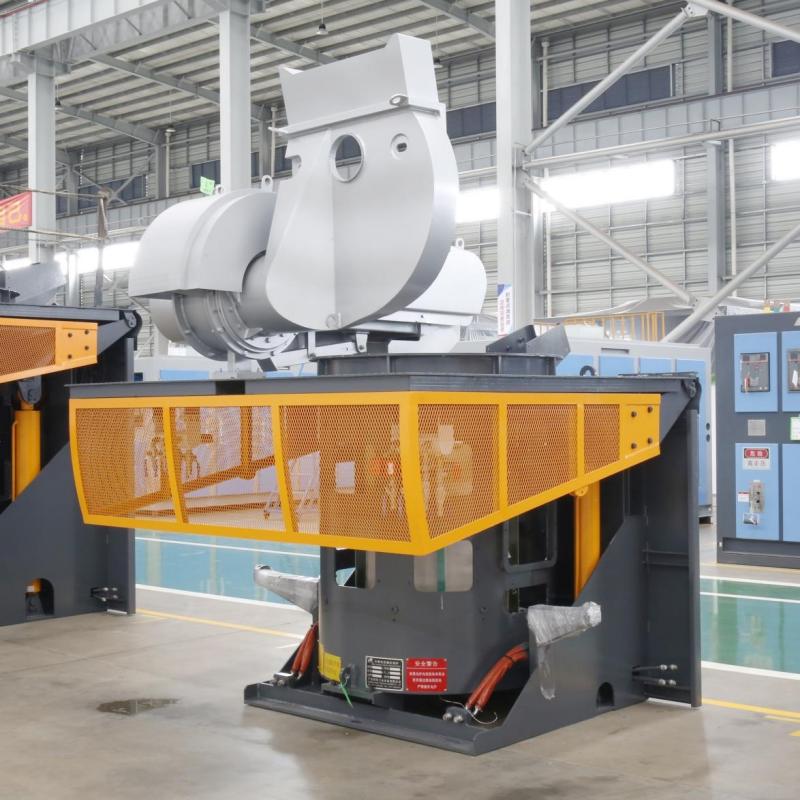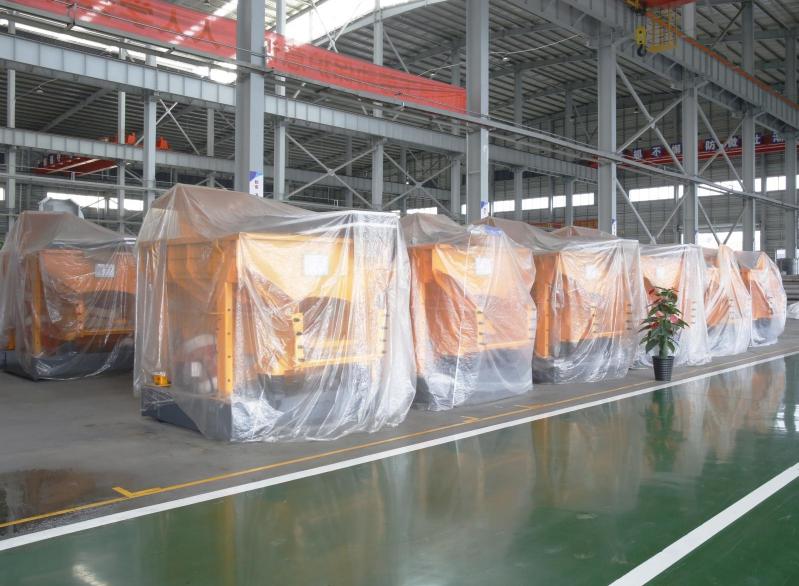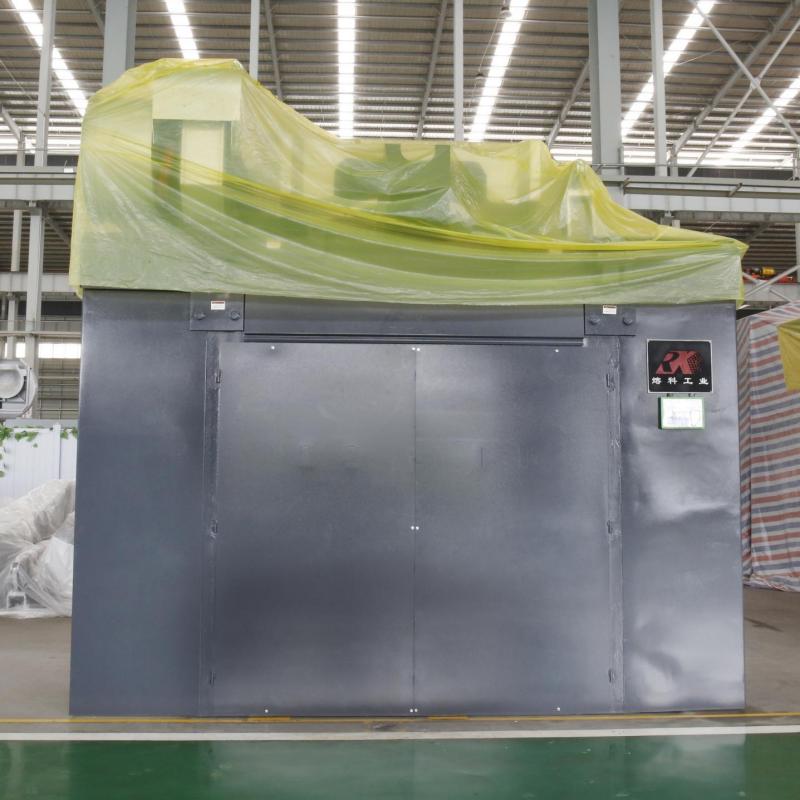
National Health Commission: Pay attention to “six dos and six don’ts” in diet when returning to work, production and school
At present, my country’s new coronavirus pneumonia epidemic prevention and control has achieved phased results, and all walks of life are gradually resuming work and production. However, the task of epidemic prevention and control is still arduous, and prevention and control work is facing new situations and difficulties. In order to help the public continue to ensure food safety during special periods and support epidemic prevention and control on the basis of resuming production and life, the Food Department of the National Health Commission organized experts to conduct research and put forward the “six musts and six don’ts” dietary recommendations.
Wash your hands frequently and don’t eat without washing your hands
During the epidemic prevention and control period, washing hands is as important as wearing a mask as a means of personal protection. Frequent hand washing is also an important measure to ensure food safety. Wash your hands frequently with running water, soap, hand sanitizer, etc., including after going out for shopping or receiving takeaway food, especially before and after handling raw and cooked food, and before eating.
Separate raw and cooked food and cook them thoroughly, and eat less raw and cold food
Separating raw and cooked food and cooking them thoroughly are the most important measures to prevent food-borne diseases, especially the key to preventing collective food poisoning in canteens in schools, enterprises, institutions, and nursing homes.
Cutting boards, knives, basins, plates, bowls and other utensils used for processing and holding raw meat, aquatic products and vegetables should be separated from cooked food, and should be cleaned and disinfected in time after use. During the epidemic prevention and control period, you should try to eat as little or no cold dishes and raw aquatic products as possible. Bulk foods such as braised pork in sauce and leftovers should be reheated before eating. After returning to work and production, some people will choose to bring food from home, which must be thoroughly heated before eating.
Do not come into contact with live livestock and poultry, and take good care of companion animals
Wild and domestic animals and poultry may carry zoonotic pathogens. Try to avoid contact with live animals and do not slaughter livestock and poultry yourself. When purchasing fresh livestock and poultry products, it is recommended to choose cold or frozen products. Additionally, companion animals should be kept out of kitchen and food storage areas.
Don’t hoard food, prevent food from spoiling
At present, the market supply of various daily necessities such as rice, flour, grains, oils, fruits and vegetables, meat, eggs, and milk is sufficient and stable, and there is no need for large-scale hoarding. If necessary due to personal reasons, you can reserve an appropriate amount of prepackaged convenience foods, canned foods, quick-frozen foods, frozen meats, etc. suitable for long-term storage. In addition, as the weather gets warmer, the south will gradually enter the rainy season. It is recommended that food be stored in a cool and ventilated place and checked frequently to prevent insects, moisture, and mildew.
When dining out, share your meals and avoid eating in groups
Eating out is a way to adjust the taste, and it is also a practical action to support the resumption of work and production in the catering industry. However, it is recommended that everyone gather as little as possible, and if they do, they should limit the number of people, keep seats at a certain distance, and use public chopsticks to share meals. In offices, canteens and other environments, gatherings for dining should also be avoided.
Eat a reasonable diet and exercise moderately, and don’t take supplements blindly
A healthy body is the basis for resisting diseases. You should have regular work and rest and a reasonable diet, but do not blindly take supplements. To ensure adequate sleep time, you can do indoor exercise without equipment, such as outdoor fitness, and pay attention to maintaining social distance. Do not easily believe in foods that claim to prevent the new coronavirus. While following the recommendations of the “Dietary Guidelines for Chinese Residents”, ensure adequate intake of fresh fruits, vegetables and high-quality protein.




